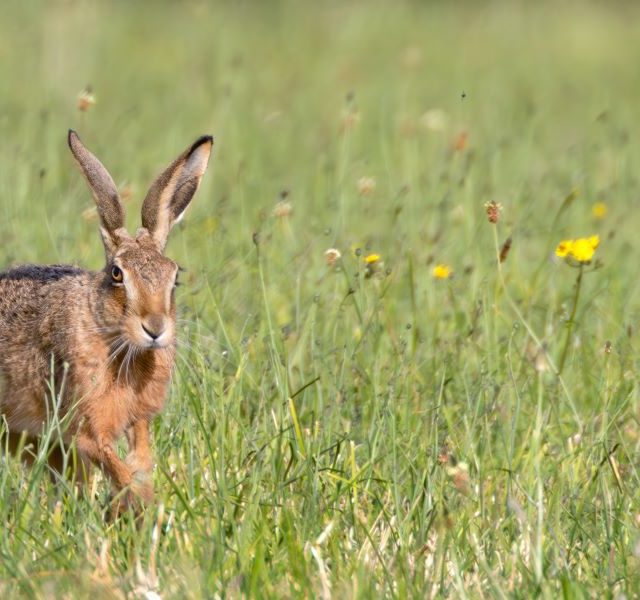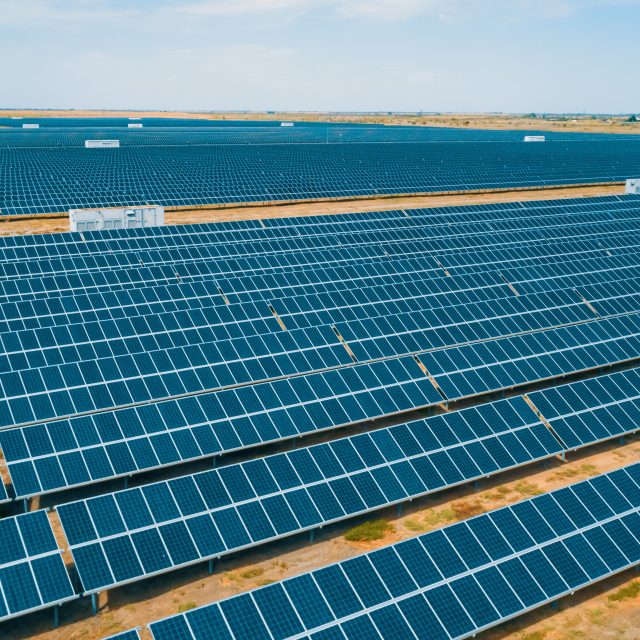Land Business Update | Week Commencing 23rd March 2020
Welcome to our update on key land management, farming, planning and energy issues.
Covid-19
Advice for farms and rural estates in relation to coronavirus outbreak
Our land management and farming teams are working to provide clients with advice and support as they deal with the consequences of the outbreak. We have published some practical thoughts on how rural businesses can work safely, support their local community and stay positive. It includes communications, keeping the rural economy working, labour, a ‘hardship application form’, and stress-testing business budgets.
Forestry
S&P sponsor and speak at the Ecosystems Knowledge Network accelerating woodland creation conference
We were delighted to sponsor this important conference which was live-streamed on Wednesday. It focussed on how the UK can deliver the target of 30,000ha of new woodland planting each year. It also discussed how to bring existing woodlands into good management. The event and speakers included Minister of State Lord Goldsmith and chairman of the Forestry Commission Sir William Worsley. A full recording and pre-conference blogs, including our blog on the challenge of planting more, will be available on the EKN website. Separately, the Welsh Assembly has announced the creation of a new national forest.
Farming
Basic Payment Scheme payments to be made in pounds from 2020 BPS scheme year onwards
The change is due to the BPS now being funded by the UK government instead of the EU. Payment rates should be the same as in 2019, as the government intends to set the exchange rate at €1 = £0.89, the same as last year. There should also be no change in the timing of payments, which will start from December 2020. NB Ignore the option for payments in euros on the BPS 2020 postal and online application forms, as it is not available.
No three crop rule in 2020 and more funding for the Farming Recovery Fund to help after wet winter
The government is planning to relax the three crop rule for all farmers for 2020 and this will be confirmed once approved by parliament. It has also provided a further £6m through the Farming Recovery Fund to help farmers recover from flooding. Grants of £500 – 25,000 are available for a number of uninsurable repair costs, such as re-seeding, replanting cover crops and alleviating soil compaction.
Positive proposals in Defra’s policy discussion document on ELMS
Defra’s document offers the clearest picture yet of what the new Environmental Land Management System (ELMS) might look like. It is the system which will be the cornerstone of agricultural policy for English farmers once Basic Payments are fully phased out in 2028. This is one of the best papers we can remember Defra publishing for decades. If reflected by actions, Defra’s current thinking on ELMS is open, honest and constructive, and most importantly encouraging for land managers. It shows that Defra has been listening to suggestions from farming and environmental bodies, and it feels like ELMS could be environmentally effective and be clearer and more practical for land managers. Read our summary and views on the document here.
European wheat harvest now forecast at 7% lower than in 2019
Coceral, which represents European grain traders, has cut its forecast for the 2020 wheat harvest due to the reduction in planting area in the UK due to the weather this winter. It now expects the European wheat harvest to be 7% lower than in 2019 (135.4mt compared with 145.7mt in 2019). Its forecast for the European barley harvest has been increased, mainly due to more planting in the UK, but it is still slightly below 2019 harvest levels (61.5mt compared with 62.2mt, so a 1% reduction).
Change in government policy in relation to badger culling to control Bovine TB (bTB)
Culling will continue in selected areas if it is considered likely to be effective but there will be an increased emphasis on biosecurity measures on farms, animal movements and vaccination of cattle. This is an emotive subject that has polarised the parties involved for decades, therefore it is no surprise that the NFU, which advocated strongly for a cull, does not consider the change to be a policy U-turn while wildlife groups say it is a significant change in approach. The announcement was made in the government’s response to the Godfray report on the government’s 25 Year bTB Strategy.
Property
Government proposes further changes to the planning system in its Planning for the Future paper
The government has also published more details of what will be included in the planning White Paper, due to be published later in 2020. The main proposals that affect rural areas are below and there is more detail from us here:
All local authorities will be required to have an up-to-date local plan by December 2023 or face central government intervention.
The government is to introduce a new permitted development (PD) right ‘to encourage building upwards’ by the summer, and will consult on another PD right allowing the demolition of commercial buildings and their replacement with housing.
The Planning White Paper will include measures to appellants who successfully appeal against a refusal to have their application fee refunded.
A national brownfield sites map will be launched in April 2020.
The policy for building in areas at flood risk will be reviewed.
Rural economy
Relief for farmers as Budget confirms no change in fuel duty on red diesel
It seems a very long time ago now but the Budget headlines for rural businesses are summarised below and more fully on the Rural Hub:
- Broadband and 5G mobile investment – over £1bn of funding for the Shared Rural Network and £5bn for gigabit capable broadband in the most difficult to reach 20% of the country. See the telecoms article below for more detail.
- No change in fuel duty on red diesel – if increased to the standard rate, it would have added £50/ha to farmers’ costs.
- Entrepreneurs’ relief – the amount of capital gains that relief can be claimed on was cut from £10m to £1m but the government claims that there will be no change in relief for 80% of claimants.
- A new £640m Nature for Climate Fund – for tree planting and restoring peatland.
- A Nature Recovery Network Fund – with £25m of funding for land managers, businesses and communities to create Nature Recovery Areas.
- Business rates– reliefs available to retail, leisure and hospitality businesses have been extended. Contact Ian Allison in our ratings team.
- Structures and Buildings Allowance – increased to 3% pa, so allowing investment in new and renovated non-residential structures, buildings and infrastructure to be written off over 33 years rather than the previous 50 years.
Telecoms
Government signs agreement with the four main mobile providers to reduce mobile coverage not spots
The Shared Rural Network (SRN) is a deal between the government and EE, O2, Three and Vodafone. They will jointly invest in a network of new and existing phone masts they would all share, overseen by a jointly owned company called Digital Mobile Spectrum Limited. It means all four mobile network operators will deliver 95% combined coverage across the whole of the UK by the end of 2025, with different levels of coverage agreed for the four different countries in the UK. The companies will invest £532m in reducing ‘not-spots’, where there is currently no coverage from any operator, with the government providing more than £500 million for ‘total not spot areas’, which are not commercially viable for the operators. The government has also pledged £5bn to subsidise the roll out of gigabit capable broadband (so 40 times faster than standard superfast broadband) in the harder-to-reach areas of the country (which is 20% of the country with 5m homes and businesses).






